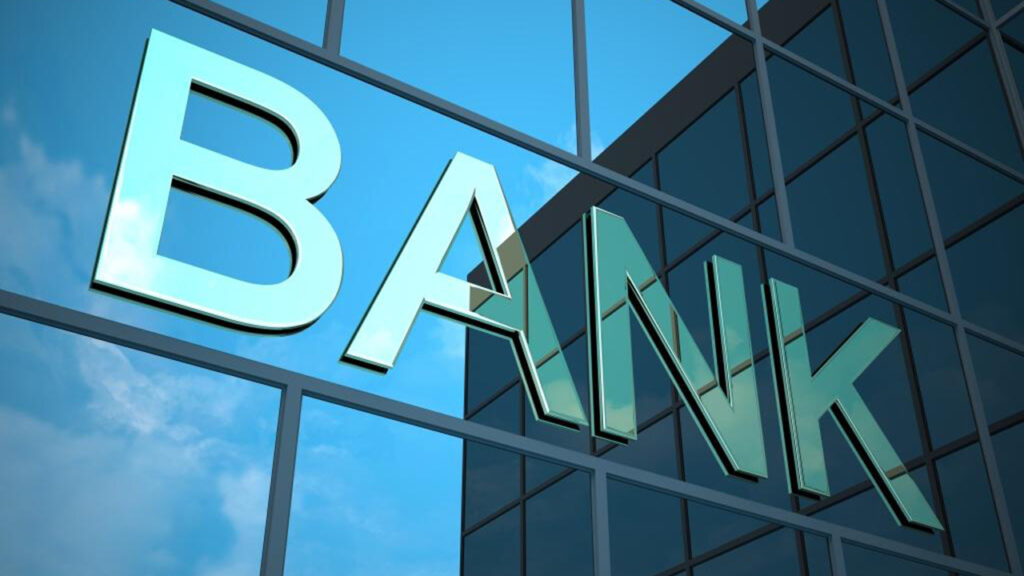Thirteen Nigerian commercial banks have finished paying their outstanding Unstructured Supplementary Service Data (USSD) debts to mobile network operators (MNOs). The remaining three banks have paid more than 95 percent of what they owe and are almost done. This was made known by the Chairman of the Association of Licensed Telecommunications Operators of Nigeria (ALTON), Mr. Gbenga Adebayo.
This development has cleared the way for a new billing method where charges for USSD banking transactions will now be deducted directly from customers’ airtime, instead of their bank accounts.
Mr. Adebayo spoke about the progress during an online event titled “ASK the Exec,” which was hosted by MTN Nigeria. He was joined by Lynda Saint-Nwafor, who is the Chief Enterprise Business Officer at MTN. The meeting was attended by stakeholders in the telecom and banking industries, as well as journalists and the general public.
He explained that the telecom industry had been dealing with unpaid USSD service debts for years. According to him, as at January 2025, the total debt owed by banks to telecom companies was N180 billion. He noted that the debt was from 17 commercial banks that had been using the USSD platform before the introduction of the Application Programming Interface (API) system. He also said Heritage Bank was excluded from the list because the bank is now insolvent.
Mr. Adebayo added that 13 banks have now paid off their debts completely, and the three remaining banks are almost done with their payments. He said this was a major step towards moving to a new system where telcos would charge customers directly.
He further explained that banks who still have unpaid debts will not be left out of the new billing system. “They can move to end-user billing once they complete their payments or choose to remain on the old corporate billing model, as long as they clear their debts,” he said.
Since 2021, the Nigerian Communications Commission (NCC), the Central Bank of Nigeria (CBN), telecom companies, and banks have been working together to find a lasting solution to USSD transaction charges. Their efforts led to the introduction of a flat rate of N6.98 per USSD transaction, which customers have been paying.
Ms. Saint-Nwafor from MTN said that the new system will now charge customers directly from their airtime balances. Before now, banks used to deduct the fee from customers’ bank accounts. But this system had issues with transparency and often caused confusion among users.
With the new method, customers who dial a USSD code like *737# (used by GTBank) will receive a clear message informing them that N6.98 will be deducted from their airtime. They must give their consent before the transaction can continue. Once they accept, the telecom operator will check with a USSD aggregator to confirm that the bank’s system is available. Only then will the customer be connected, and the charge will be applied.
Telecom operators like MTN will continue to earn N6.98 per transaction for providing the connection. Banks now have better control over their USSD channels, thanks to the API system. This allows them to verify customer numbers before completing any transaction.
To make the process uniform, all network providers have agreed to use the same messages for customers. These messages will clearly show whether a transaction failed due to a bank issue or a network issue, helping customers know who to contact.
It was also revealed that buying airtime or data directly from banks using special strings like 7371000# will not attract any charge. This is called zero-rating, and it helps customers avoid unnecessary deductions. People are advised to use these direct strings and avoid general codes that may lead to charges.
If there is ever a case where a customer is charged from both their bank account and their airtime, Mr. Adebayo advised them to report the matter to their bank immediately.
Mr. Adebayo also cleared the air on the fear that this change might affect people living in rural or unbanked areas. He said that the N6.98 fee is still cheaper than the transport cost to visit a bank branch. He encouraged customers to take advantage of the zero-rated codes to buy airtime, even if they don’t have airtime but have money in their bank accounts.
He concluded by saying the new system will bring more transparency and improve user experience. “If a transaction fails because of a telecom issue, customers will not be charged. But if the failure is from the bank’s end—like insufficient balance or technical error—then the customer may still be charged, but with an explanation given,” he said.
With the new system set to begin fully, both the telecom and banking sectors hope it will bring better service and more accountability to the USSD transaction process.
